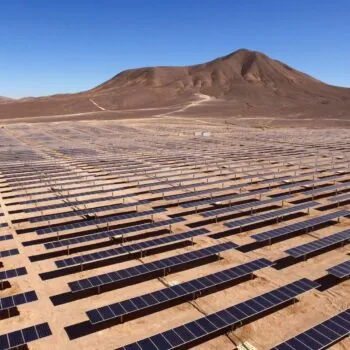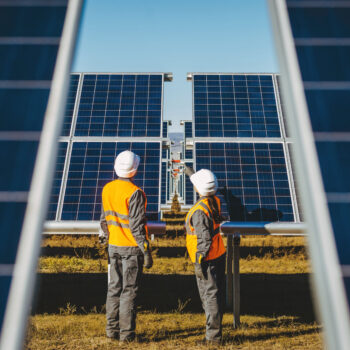Who says politics is short term? Tomorrow David Cameron and Europe’s other premiers will debate the shape of the region’s economy in 2030. They’ll do so through the lens of climate and energy policy, in a rerun of the historic decision they took six years ago to commit to a 2020 carbon target, which continues to drive investment and innovation in the transport, power and building sectors.
The 2020 package is the single most powerful piece of climate action the world has seen, and its reach goes far beyond Europe. It has kept the hope alive for an emissions agreement between the world’s big trading blocks, but it has also driven down costs in renewable energy, driven up fuel efficiency standards in cars around the world and reduced the running costs of the electrical appliances we use.
It has contributed to a great UK success story: green exports have risen at nearly four per cent annually over the past few years, and the UK is the leading EU exporter to China. It has also created incentives to shift investment into clean, efficient and smart sectors, allowing adaptive companies and new entrants to prosper, and diversifying ownership of the power sector. Many incumbent utilities have seen their share price suffer because they underinvested in renewables.
The EU’s standing in the world is at stake
So whilst today’s budget may have a small impact on the UK’s economic prospects for the next 15 months, tomorrow’s debate on the 2030 package could have a big effect on the building blocks of the economy for at least the next 15 years. What’s at stake is not only the direction of European energy investment, but its geopolitical standing in the world.
Tomorrow’s EU council summit fires the starting gun on the biggest diplomatic negotiation the world will have ever experienced. In a little over 600 days the world’s economic giants, and its tiddlers, will come together in Paris with the intention of agreeing a new international law to slow down climate change. Whether the EU is still a geopolitical deal maker, or retreats to be a deal ‘taker’ , over-ruled by the US and China, will be determined by the level of ambition expressed tomorrow.
For good and for ill the UK has exerted an extraordinary level of the influence on the negotiations so far. It is very close to achieving its two main objectives: to get agreement on a carbon target of 40 per cent or higher, and to stop a renewables target that would be binding on the UK. The latter is a strange crusade which reflects an irrational fear of renewables by the government, but the former would be a major achievement, aligning all of Europe with the UK’s carbon budget, and showing that the UK does still punch above its weight.
The European Council is also an opportunity for the UK to push for completion of the EU single energy market through an expanded grid network. This would reduce costs for all countries, and particularly the UK which is under-connected to the continent. The UK would find many countries supporting action in this area, but it requires the power of European policy to overcome countries, such as France, which fear further market opening.
Cameron will gain plaudits from business for insisting on an agreement
Unfortunately, the Polish premier, Donald Tusk, is standing in the UK’s way. As a nation heavily dependent on coal, Poland has always been hostile to European climate policy. Unable to stop the agreement altogether, Tusk is nevertheless trying to slow everything down and delay until at least 2015. This would leave the UK with nothing to show for its diplomatic offensive. It would leave business with another year of uncertainty and send Cameron and Merkel into the UN negotiation this autumn with nothing in their hands.
Cameron can prevent this happening if he insists that an agreement has to be made by the summer. Unlike Merkel, he doesn’t have to play softly, softly with Poland, and he already has most of Europe backing a position the UK can accept. If he pulled it off he’d get plaudits from business, which needs a solution to the EU emissions trading logjam, and he’d be able to show that he had a positive proposition for Europe.
The prime minister has been willing to throw his weight around to stop the encroachment of EU powers on the UK, but now we need the EU to do what we can’t do alone. He should apply the same vigour to the task of getting a collective commitment to an early EU 2030 climate and energy agreement. It will not attract the same headlines as today’s Budget but it would help to counter the widespread view that politicians only care about the short term.
This article was written with Matthew Spencer, director of Green Alliance. It first appeared on BusinessGreen.


